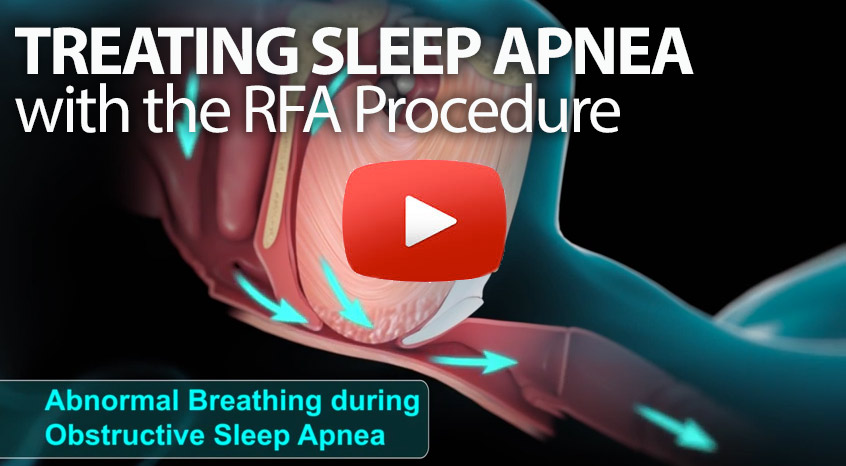What is the impact of diet on sleeping? Changing eating habits can be conducive to better rest. Many people have a light breakfast, medium-size lunch, and heavy dinner. However, it could be good to reverse that order. Eat more in the morning when you need energy, and lighter at night. While an empty stomach might keep you up, a light snack is better than a heavy meal. If you plan to have a night on the town, eating your dinner prior to the movie, dance, or seminar would be better than eating late at night.

Eating a diet rich in healthy fruits, vegetables and proteins can help you get a significantly better night’s sleep.
Theories vary as to nighttime snacks, but there is agreement that foods that contain tryptophan are useful. Tryptophan is used by the body to create serotonin which is conducive to sleep. Tryptophan is found in milk, cheese, turkey, and tuna. Other dietary recommendations are foods rich in calcium and magnesium. Deficiencies of these minerals can affect sleep. Magnesium is found in apples, avocados, nuts, and whole-grain breads. Dairy products are a good source of calcium.
Experimenting with foods from these lists may lead you to the right combination for your body type. One thing to avoid are heavy, greasy, spicy, and fatty foods. That pretty much covers the range of late night fast food pickups or pizzas. Also, caffeine will keep you awake. Start limiting how much caffeine you have in the late afternoon and evening. That includes colas, coffee, and tea. If you want a hot drink after dinner, consider an herbal tea, such as chamomile.
If you or someone you know is in need of a better night’s sleep, contact us for a no obligation consultation. We are the sleep specialists at Chevy Chase ENT located in the Virginia, Maryland, and Washington D.C. metro area dealing with sleep apnea and sleep-related problems. We can help diagnose your condition, recommend whether a sleep study would be beneficial, and offer you a variety of treatment options including CPAP, Radio Frequency Ablation (RFA) and more.
